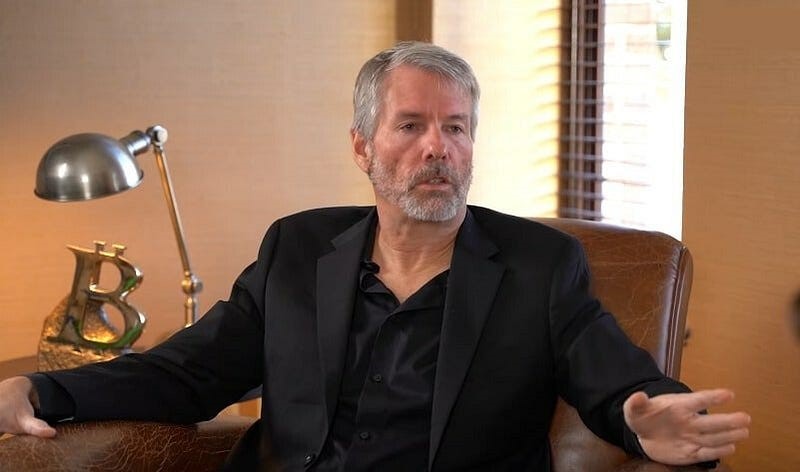Sweden is set to end tax incentives for data centers in July, signaling potential doom for the country’s bitcoin mining industry.
Once a haven for Bitcoin miners due to the availability of cheap hydroelectricity and cool climate, Sweden is one of the last regions in Europe where the industry has been profitable.
However, spiking energy prices driven by the Ukraine war had already forced some miners to turn off their operations partly in 2022, even in these northernmost parts of Europe.
With energy prices having stabilized in 2023, a tax hike on the energy use of SEK 0.36 ($0.035) per kilowatt hour (kWh) from the current SEK 0.006 ($0.0006) per kWh will become effective in July, ending the last remaining tax incentives for the industry in Sweden.
The all-in energy cost could rise to $0.093/kWh based on the average electricity prices in 2022, making Bitcoin mining no longer profitable.
Jaran Mellerud, the senior analyst at mining services firm Luxor Technologies, noted that a commonly used machine like the MicroBT Whatsminer M30s would be at the break-even point given current market conditions.
The tax hike could effectively bring Sweden’s bitcoin mining industry to a halt, with about 150 MW of mining capacity currently operating in the country.
The industry has been struggling since the energy crisis hit Europe, causing miners to leave the region. CoinDesk couldn’t find any instance where Canada-based Hive Blockchain, which has 25% of its energy capacity in Sweden, disclosed the tax hike in its filings.
The company has also been discussing a disagreement with the Swedish Tax Authorities over $32.4 million in VAT that it believes it should recover.



